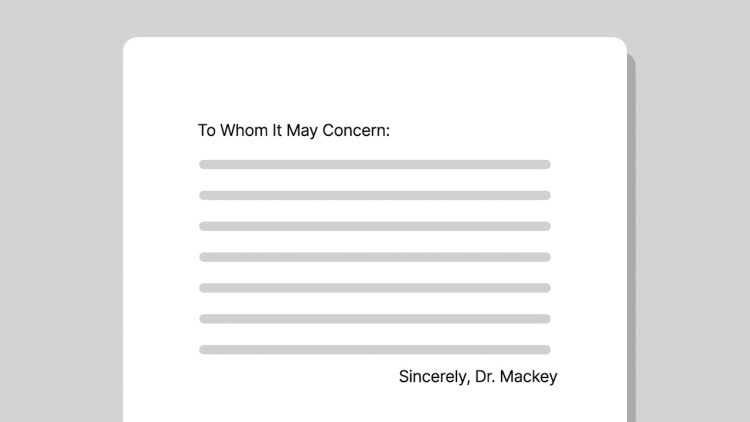Humphers v. First Interstate Bank of Oregon
Supreme Court of Oregon
298 Or. 706, 696 P.2d 527 (1985)
- Written by Craig Conway, LLM
Facts
Ramona Humphers (plaintiff) gave her newborn up for adoption. Medical records of the child’s birth and the adoption documents were sealed from the public. Only Humphers, her mother, and the physician treating Humphers at the time, Dr. Mackey (defendant), knew about the daughter she gave up for adoption. Twenty-one years later, the adopted daughter, Dawn Kastning, sought out Mackey in her quest to find her biological mother. Mackey provided Kastning with information, some of which was false, to help her successfully locate Humphers. Humphers became distressed over the contact. Humphers filed suit against Mackey’s estate, which was managed by First Interstate Bank of Oregon (the Bank) (defendant). Humpher’s five-theory complaint alleged that (1) Mackey’s “outrageous conduct” should result in liability; (2) that Mackey’s disclosure of a professional secret fell below the applicable standard of care; (3) that his disclosure was a breach of a confidential relationship; (4) that his disclosure was an invasion of Humphers’ privacy; and (5) that his disclosures to Kastning breached a contractual obligation of secrecy. The trial court granted the Bank’s motion for summary judgment on all of Humphers’ theories and Humphers appealed. The court of appeals affirmed the trial court’s judgment except for the third and fourth theories. The Bank then appealed to the state’s supreme court.
Rule of Law
Issue
Holding and Reasoning (En Banc)
What to do next…
Here's why 907,000 law students have relied on our case briefs:
- Written by law professors and practitioners, not other law students. 47,100 briefs, keyed to 996 casebooks. Top-notch customer support.
- The right amount of information, includes the facts, issues, rule of law, holding and reasoning, and any concurrences and dissents.
- Access in your classes, works on your mobile and tablet. Massive library of related video lessons and high quality multiple-choice questions.
- Easy to use, uniform format for every case brief. Written in plain English, not in legalese. Our briefs summarize and simplify; they don’t just repeat the court’s language.





